Annual Schwab Outlook
As you may be aware, the broader market recently crossed into correction territory while investors digest several factors that are currently affecting, or expected to affect, economic growth over the next 12 to 24 months. The primary factors include continued supply chain disruptions, less-than-transitory inflation, and proposed rate hikes by the Fed, all leading to more sluggish consumer spending. Some commentators are drawing comparisons to the stagflation in the 1970’s – stalled economic growth paired with high inflation.
The difference between then and now is two-fold: (1) Unemployment during the stagflation and subsequent recession peaked at 9.7% in 1982. As of December 2021, the unemployment rate was 3.9%. (2) The inflation of the 1970’s was cyclical, meaning the price of goods was affected by demand for those goods. Today’s inflation is considered to be the exact opposite, countercyclical, meaning that the demand for goods has been affected by the price of those goods, a result of inventory shortages (supply chain disruptions).
There are also other factors that affecting the current market climate. Historically, any military conflict will almost always have a short-term impact on the market, but that impact has never been lasting. Additionally, virus concerns continue to plague the 2022 outlook. As a result, the Healthcare sector is expected to outperform the market. Conversely, certain Utilities are near the upper bounds of their historical range, which could limit upside in the near-term.
On Wednesday, the FOMC left rates near 0%, but indicated that they intend to move forward with the planned rate hikes beginning in March. During his brief, and again during Q&A, Fed Chair Jerome Powell steered away from any sort of commitment regarding these proposed monetary policy changes, noting that the committee wanted to retain 'optionality' to make changes to their plan, should they feel changes are warranted. The expectation, however, is at least three rate hikes during 2022 with additional rate hikes in 2023.
No one knows what the next 12-24 months have in store, but we do expect corporate earnings growth rates to slow down some, especially when compared to the growth we have seen over the last 18 months. As you know, we maintain a long-term perspective and encourage you to do the same. If you have any questions or concerns regarding your account, please do not hesitate to reach out to our office.
